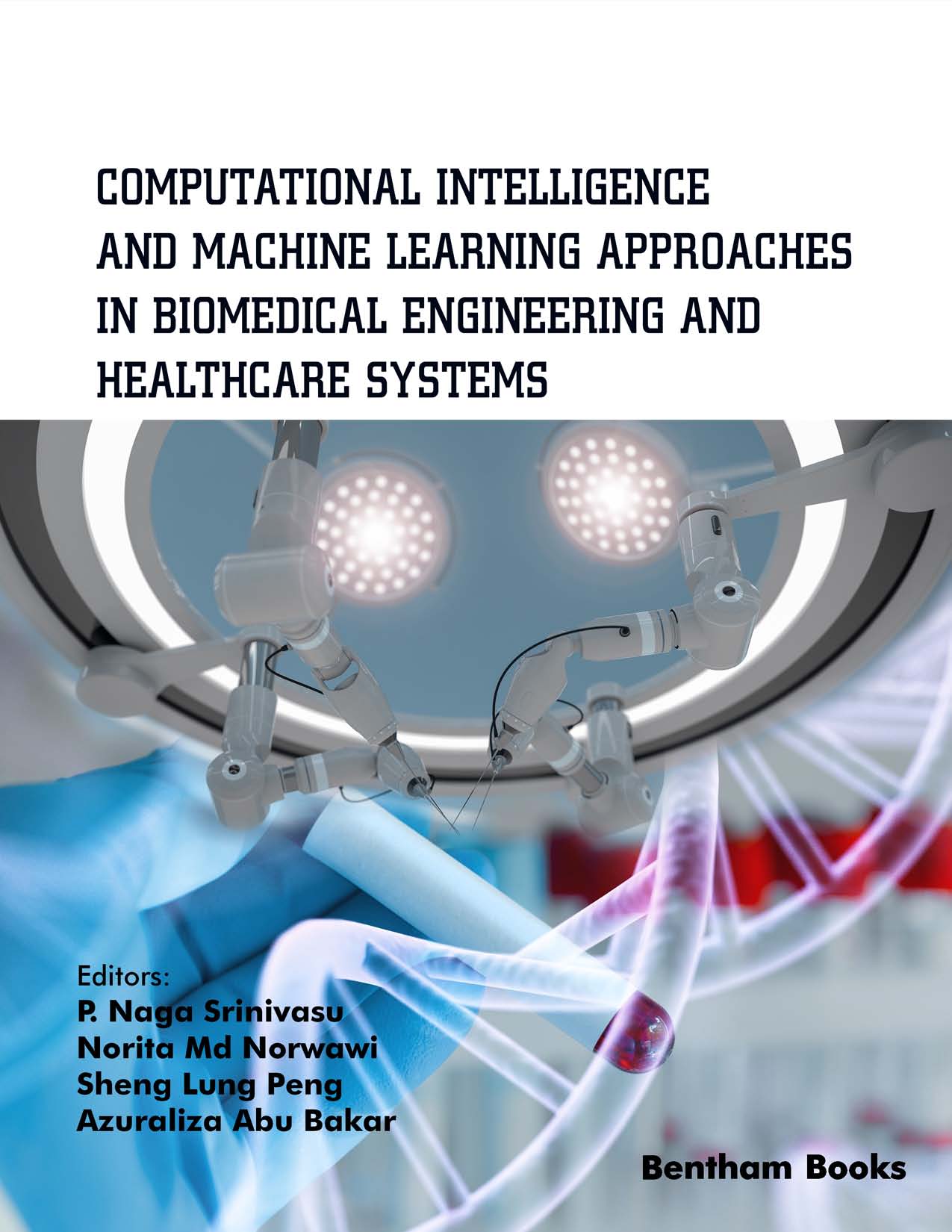Foreword
Biomedical engineering and healthcare systems must transform using computational intelligence as a future idea to viewing it as a practical tool that can be used immediately. If machine learning plays a role in healthcare, a gradual approach is required. There is a great necessity to identify unique cases in which machine learning capabilities provide value to a particular technical application. This would be a regular process for developing analytics, artificial intelligence, and modeling techniques in clinical settings. Additionally, computational intelligence models may simplify physician usage of healthcare management systems by offering clinical decision assistance, automating imaging techniques, and incorporating telehealth technology. Health professionals are implementing machine intelligence-based frameworks and diagnostic tools to optimize the utility of such gathered data. Machine intelligence is essentially the potential of computers to mimic human cognition to rapidly extract data published by different datasets, allowing healthcare professionals to navigate vast quantities of data and conduct complex statistical analyses more efficiently and accurately.
Recently, technology like remote patient monitoring through the Internet of Things is mainly in demand. Machine learning is crucial in technologies like Healthcare Information Exchange through electronic healthcare record management and analytics. Emerging technologies like telemedicine and teleconsultation rely on machine learning for the effective treatment of patients. Such evolution has prompted researchers and healthcare service professionals to invest in application development to optimize their healthcare needs and improve patient health care. Advancement in innovative phone technology for disease identification and classification through machine learning models has paved a new dimension in the healthcare industry.
Advanced machine learning technologies like neural networks and deep learning models are extensively used in biomedical engineering and healthcare. Deep learning is a kind of technology that incorporates hidden layers of comparable functions into the network. It can gather insights from an enormous volume of healthcare records and diagnosis data. With light-weight neural network models, current transformation accelerators toward customized health care delivery will be feasible. The deep learning models have mainly influenced the health care domain and applications that need robust frameworks that can learn from sparsely labeled samples and deal with noisy and incorrect annotations. The frameworks are capable of adjusting continuously to novel information without losing prior knowledge.
In deep learning models, input is processed through a hierarchy of layers, with each successive layer informing its findings with the output from the preceding layer. Deep learning models may improve accuracy as more data is processed, basically by learning from past results to enhance their capacity to identify relationships and associations. Computational intelligence technologies improve efficiency and recognize valuable insights from massive volumes of complex medical imaging data through effective feature extraction techniques.
Emerging ecosystems in the biomedical engineering and healthcare industry will need to strike the right balance between doctors' and patients' usage and perceptions of machine intelligence. Researchers should design and implement hybrid models that include machine learning. It can be seen as a supplement to or accelerator for medical knowledge but not as a substitute for physicians. While machine intelligence should be utilized and viewed as assisting in diagnosis, treatment planning, and risk factor identification, doctors should maintain ultimate responsibility for the patient's care. The hybrid approach will increase healthcare professionals' use of machine intelligence while also providing quantifiable and sustainable benefits in health outcomes.
Prof. Dr. Hiroyuki Lida
Vice-President, Professor,
School of Information Science,
Entertainment Technology Area,
Japan Advanced Institute of Science and Technology,
Japan

